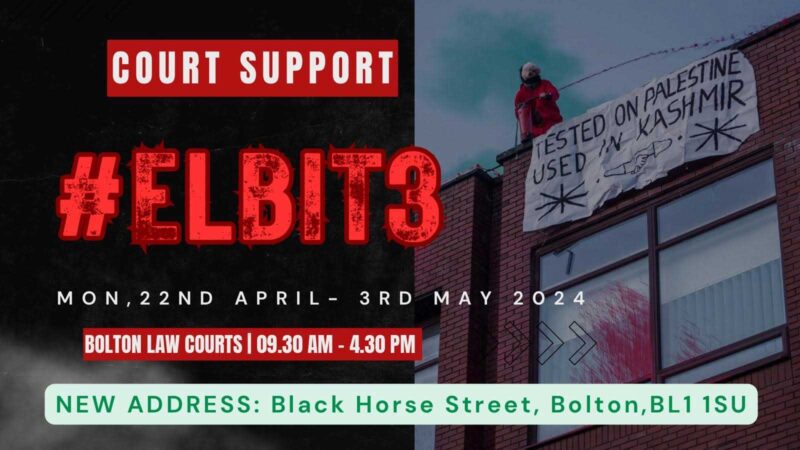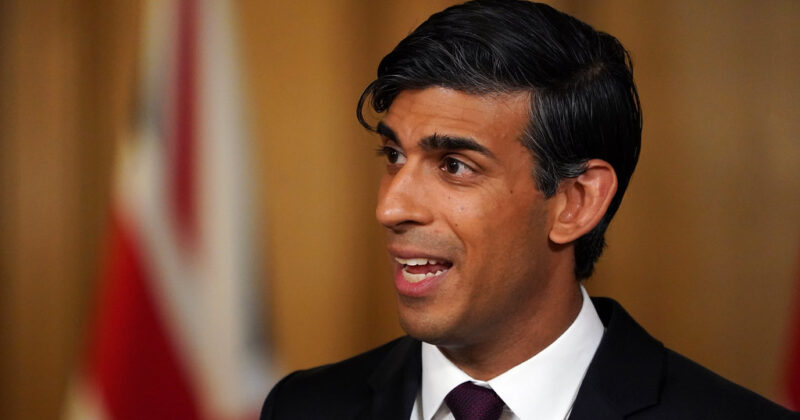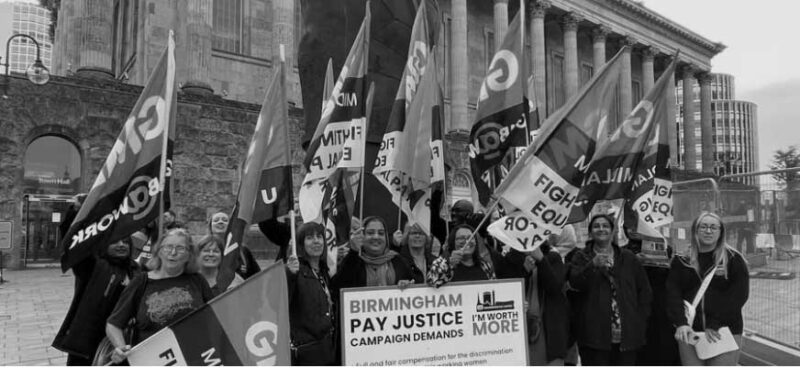Egypt after the Maspero massacre
 Violence against Egypt’s Coptic Christian minority, about one-twentieth of its population, is not a new phenomenon. Hosni Mubarak’s regime, and Anwar Sadat’s before it, frequently allowed or enabled “popular” expressions of hostility towards the Copts as a safety-valve for social discontent.
Violence against Egypt’s Coptic Christian minority, about one-twentieth of its population, is not a new phenomenon. Hosni Mubarak’s regime, and Anwar Sadat’s before it, frequently allowed or enabled “popular” expressions of hostility towards the Copts as a safety-valve for social discontent.
What is new, however, is direct violence from the state, which under Mubarak posed as a neutral institution mediating a solution to “sectarian tensions”, between an apparently “problematic” minority and the ever-present bogeyman of Islamist extremists.
At least 23 people were killed in Cairo on 9 and 10 October, when the army fired live ammunition and drove vehicles into protesters who tried to stage a sit-in at the state television building at Maspero. The demonstrators – Muslim as well as Christian – had been protesting at the recent burning of a church in Marinab village, near Edfu in the rural Aswan Governorate, as well as the hostile and biased coverage of the state-run media.
State television, in turn, engaged in open sectarian incitement, calling on the public to “defend the army” from a supposed uprising of armed Christian extremists, forcing other television stations to distance themselves before being shut down by the army for trying to cover the Maspero protests. The same sort of thugs who tried to break up the anti-Mubarak protests in Tahrir Square during the infamous “Battle of the Camel” on 2 February got the message, and came out armed with sticks and knives.
The 25 January Revolution saw barriers come down between Copts and Muslim Egyptians, with Christian protesters protecting Muslim protesters at prayer, and Muslim protesters holding placards with the combined cross-and-crescent symbol of the early twentieth century Egyptian independence movement. But the months since have seen growing violence against Christians, most notably from the Salafists, an ultra-puritan Islamist movement that had opposed the anti-Mubarak protests. The most frequent causes for violence have generally involved disputes around the building or maintenance of places of worship – an area heavily regulated by the state – and surrounding conversion and “mixed” marriages, with Christian men only allowed to marry Muslim women legally if they convert to Islam.
Moreover, anti-Coptic violence in Egypt has a history. As the Christian Palestinian academic Joseph Massad pointed out, after the bombing of a church in Alexandria in the weeks before Mubarak’s downfall, sectarianism in Egypt long predates Sadat and Mubarak – but it was Sadat’s decision in the 1970s to abandon the Palestinians and ally himself with Israel and the United States that saw the majority of Muslim Egyptians opting for Islam rather than the “Arab cause” as the new “extra-Egyptian framework for their identity”. Massad added that this spurred many Christian Egyptians “to revert to a more parochial and local identity of Copticness, rooted exclusively within Egypt.”
This followed the radical Arab nationalist period under Gamal Abdel Nasser in the 1950s and 1960s, which had “included and welcomed Egyptian Christians under its banner”, even though it was not always “the major political current among most Egyptian Christian intellectuals”.
It might seem ironic that the Arab world’s Christian minorities have invariably been more threatened under the rule of pro-Western regimes than of anti-Western ones. The fact remains, however, that the “concerns” of the Western imperialist powers – notably reiterated by US President Obama in his June 2009 speech at Cairo University – for the rights of ethnic, national and religious minorities in the Arab world, have only ever served as a pretext for intervention when it serves imperialist interests.
Egypt’s ruling Supreme Council of the Armed Forces (SCAF) can rest assured that Obama will not make more than the most token protest against its massacre of the Maspero demonstrators, however much some Islamophobes in the West may point to it to “prove” Islam’s supposedly unique tendency for religious intolerance.






